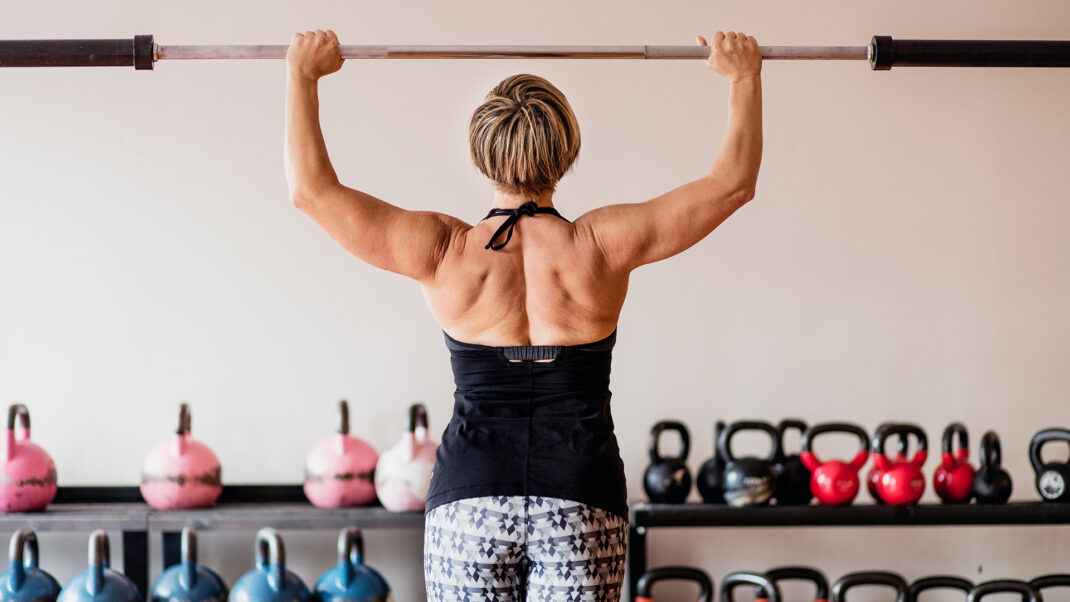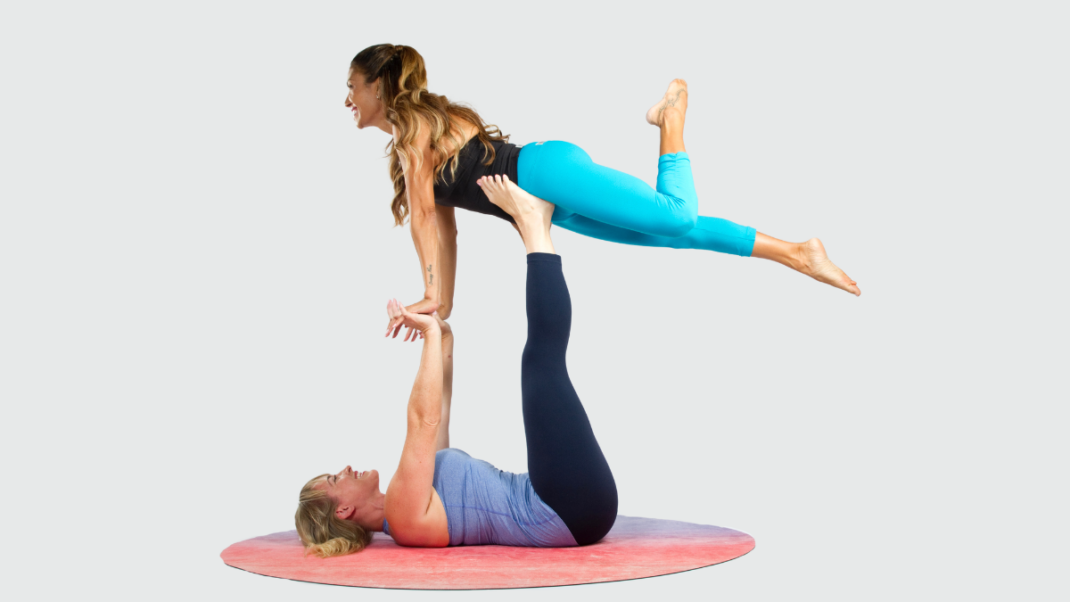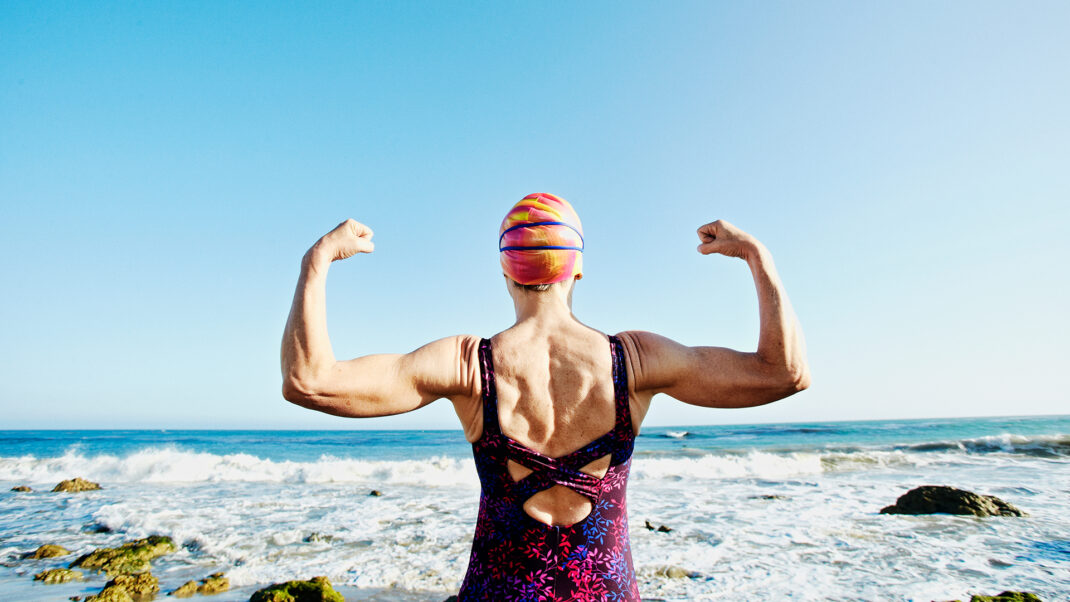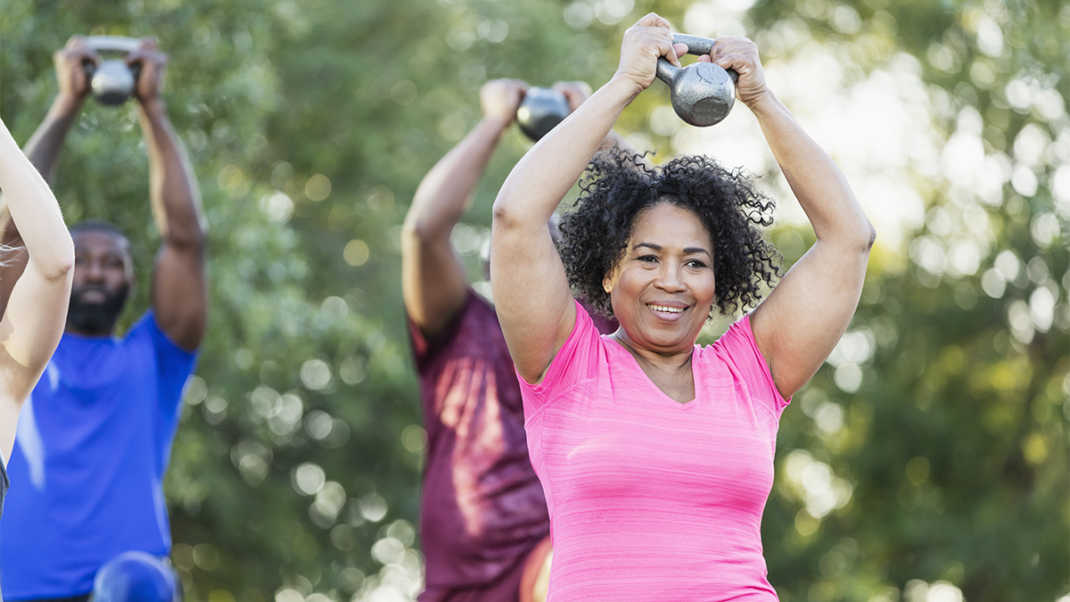Menopause and Fitness: Expert Guidance from Dr. Mary Claire Haver
Menopause and its related symptoms can wreak havoc on health and fitness. Learn from a leading expert on how best to address this with your clients.

Menopause is a significant phase that affects roughly half of the global population. Despite its widespread occurrence, menopause remains a topic often misunderstood and inadequately addressed, especially within the realm of fitness. To provide clarity on this important subject, we are joined by Dr. Haver, a distinguished expert in women’s health and menopause.
Dr. Haver’s extensive experience in managing menopause-related health issues offers valuable insights into its stages and impacts on fitness. Understanding Dr. Haver’s perspective will empower fitness professionals to offer more effective support and customized programs to help navigate this transition with confidence and resilience.
Join us in our discussion with Dr. Haver as well as her recommendations for fitness professionals.

Q: Menopause will affect roughly half the world-wide population and yet remains largely misunderstood and unaddressed. Can you provide an overview of menopause, its various stages and impacts; as the topic would relate to fitness professionals?
A: Menopause is a natural biological process that marks the end of a woman’s menstrual cycles, and signals the end of her sex hormone production from the ovaries. During this time estradiol and progesterone levels plummet to less than 1% of their pre-menopausal levels, and testosterone drops by roughly 50%. It typically occurs around the age of 50, but the exact timing can vary widely among individuals (45-55). Menopause is characterized by several stages and has significant impacts on women’s health; including their fitness and exercise routines. An overview of important points that fitness professionals should consider is included at the end of the interview.
Q: Fit pros are often limited in their scope of influence. Where should they focus their efforts to have the most impact on a client?
A: Believe her when she presents with symptoms and encourage her to seek medical help from a professional.
Q: What overall healthy habits can fit pros recommend that will benefit individuals experiencing stages of menopause?
A: Prioritize sleep, stress reduction, and regular resistance training. Place less of a focus on “weight” and “physique” and more on nutrition and strength for longevity, osteoporotic fracture prevention and frailty prevention.
Q: Within scope, what dietary recommendations can fit pros encourage?
A: Adequate protein—at least 1.3g/kg of ideal body weight—adequate dietary magnesium, calcium and fiber!
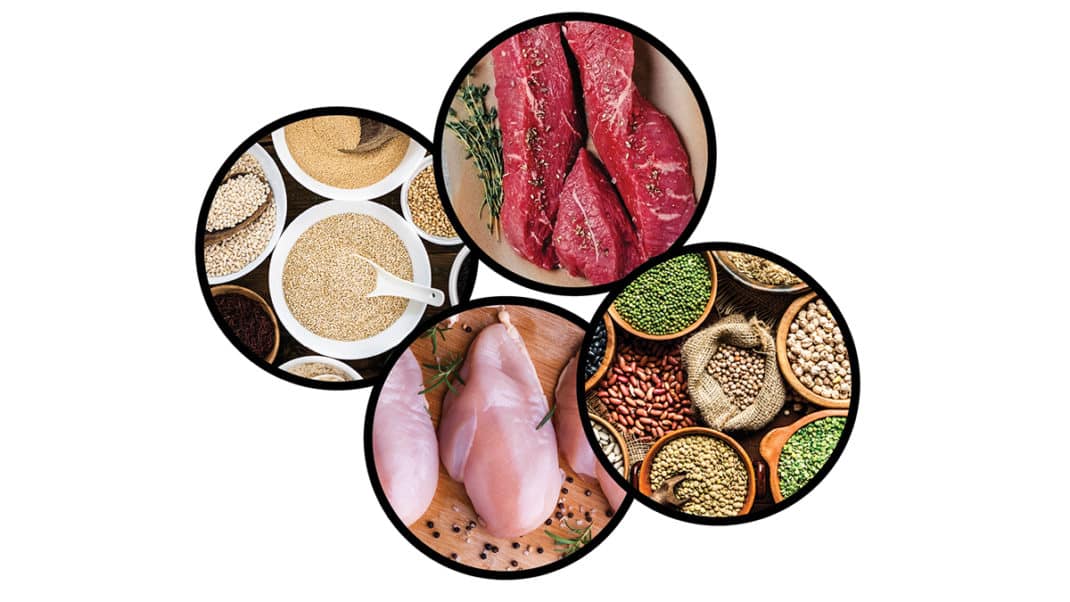
Q: Hormonal changes affect the body physically. In what way does exercise impact menopausal physical changes?
A: Women who exercise regularly tend to have less classical symptoms of menopause (e.g., hot flashes). Resistance exercise will combat the muscle and bone loss associated with aging/menopause.
Q: On the flip side, are there exercises menopausal people should avoid?
A: No!
Q: Fit pros recommend a well-rounded exercise routine to include strength training, cardio, stretching and mind/body work to clients. Does menopause change the importance of any of these components? Does one component become more important in this phase of life?
A: All remain important!
Q: Finally, where can fit pros go if they would like more in-depth information to assist in training menopausal clients?
A: Menopause.org has great resources on their website. Other good resources include the books entitled The New Menopause and Forever Strong.
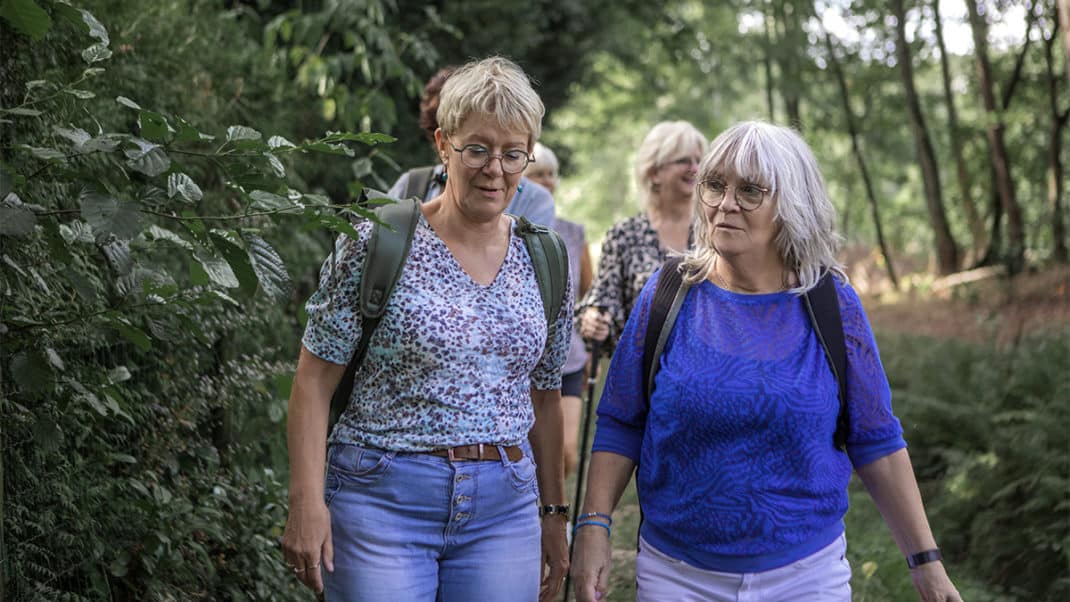
The Stages of Menopause
Perimenopause:
- This is the transitional phase leading up to menopause.
- Hormone levels—particularly estrogen—begin to wildly fluctuate and decline.
- Symptoms such as irregular periods, hot flashes, night sweats, mood changes and body composition changes may occur.
- Lasts on average 4-5 years, but can vary.
Menopause:
- Menopause is confirmed after 12 consecutive months without a menstrual period.
- Estrogen production significantly decreases, impacting various bodily functions.
Post-Menopause:
- Begins after menopause and lasts for the rest of a woman’s life.
- Estrogen levels stabilize at a low point.
- Symptoms such as hot flashes and night sweats may lessen, but other health risks can increase.
Impacts of Menopause on Fitness
Muscle Mass and Strength:
- Estrogen decline can contribute to loss of muscle mass and bone density,
- accelerating that which is already happening due to the aging process.
- Resistance training and adequate protein
- intake becomes crucial to maintain muscle strength and prevent osteoporosis.
Weight Management:
- Fat distribution changes (more around the abdomen), and muscle mass decreases.
- 90% of women will experience unintended weight gain with no changes in her diet/exercise routine.
Cardiovascular Health:
- Estrogen decline may affect heart health, increasing the risk of cardiovascular disease.
- Regular aerobic exercise helps maintain cardiovascular fitness and reduce risks.
Bone Health:
- Decreased estrogen levels increase the risk of osteoporosis.
- Weight-bearing exercises (e.g., walking, jogging, strength training) help maintain bone density.
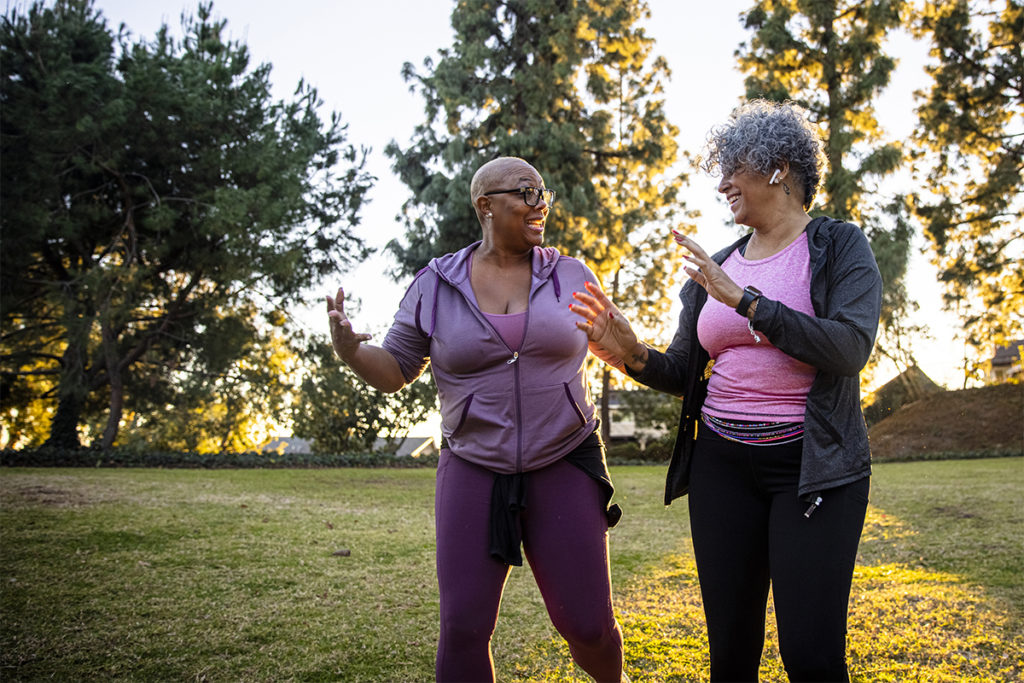
Considerations for Fitness Professionals
Tailored Exercise Programs:
- Develop individualized programs that consider the woman’s age, fitness level, and symptoms.
- Emphasize strength training, balance, flexibility exercises, and cardiovascular activities.
Educational Support:
- Provide information on the physiological changes that occur during menopause.
- Discuss the role of exercise in managing symptoms and promoting overall health.
Nutritional Guidance:
- Support balanced nutrition to manage weight and support bone health.
- Consider calcium and vitamin D needs and corresponding intake for maintaining/improving bone strength.
Monitoring and Adaption:
- Regularly assess progress and adjust exercise programs as needed.
- Be aware of any new health conditions or symptoms that may arise.
Empathy and Support:
- Menopause can be a sensitive topic; listen actively and provide emotional support.
- Encourage a positive attitude towards aging and the benefits of staying active.
- Encourage clients to see a menopause-educated provider to discuss the benefits of Hormone Replacement Therapy (aka HRT).
Understanding the stages and impacts of menopause is important so that fitness professionals can effectively support women in maintaining their health and fitness goals during this significant life transition.
By incorporating knowledge of menopause into fitness programming, professionals can make a profound difference in the lives of their clients. Tailoring exercise routines to address the unique challenges of menopause, providing educational support, and recommending balanced nutrition, are essential steps in fostering overall well-being. Emphasizing strength training, cardiovascular health, and mental wellness can help mitigate the physical and emotional impacts of menopause, ensuring that clients maintain their health and fitness goals throughout this pivotal phase of life.
See Also: Mindset and Menopause
Mary Claire Haver Biography
Mary Claire Haver, MD, FACOG, CMP is a board-certified Obstetrician and Gynecologist who graduated from Louisiana State University Medical Center and completed her residency in obstetrics and gynecology at the University of Texas Medical Branch (UTMB). She is also a Certified Culinary Medicine Specialist and a Menopause Society Certified Menopause Practitioner (CMP) from The Menopause Society.
Dr. Haver’s professional journey is a testament to her dedication and expertise. She has held various roles, including a clinical professorship at UTMB and the University of Texas Health Science Center at Houston. Her experience as a Hospitalist, Associate Residency Director, and Assistant Professor further enriched her knowledge. In 2021, she founded Mary Claire Wellness, a clinic that is a testament to her commitment to providing comprehensive care for menopausal patients. In 2023, she released her first book, The Galveston Diet, and launched ThePauseLife.com to act as a trusted menopausal resource for women worldwide.
Recognized as a thought leader and author, Dr. Haver has gained a following of over 4 million across social media by sharing valuable advice for women going through different stages of menopause. She not only recognizes the need for change in menopause healthcare, but she is also proud to be leading the conversation. She is on a mission to “demystify menopause” and help others become advocates for their health. This led her to publish her second book, The New Menopause, now a #1 New York Times Bestseller.
